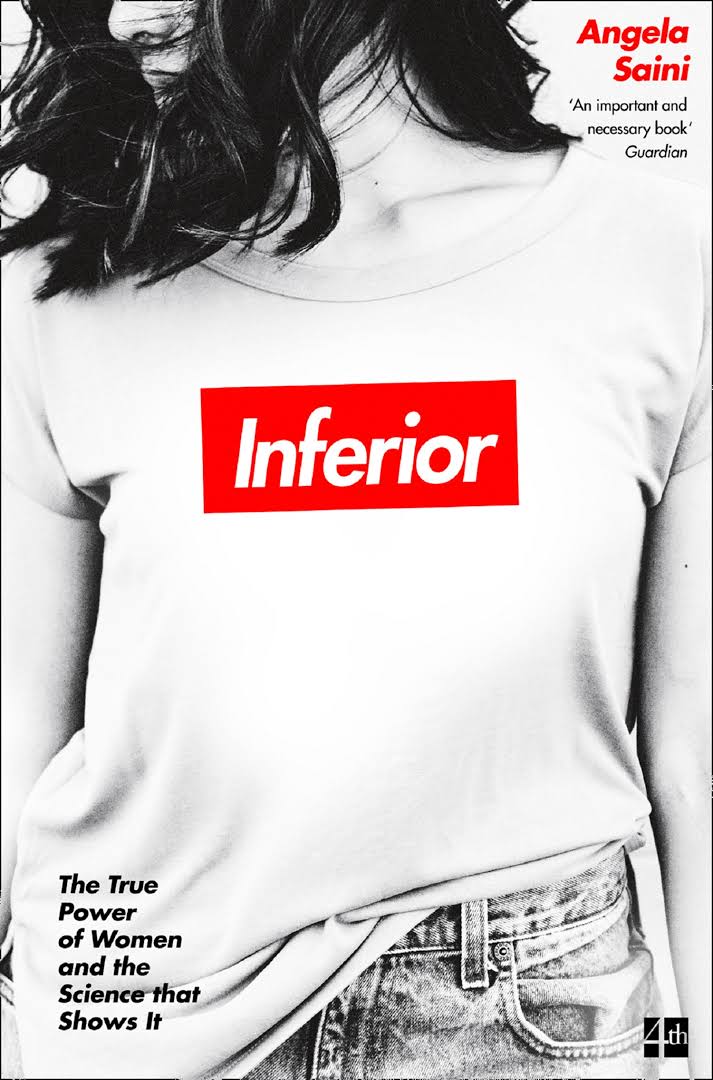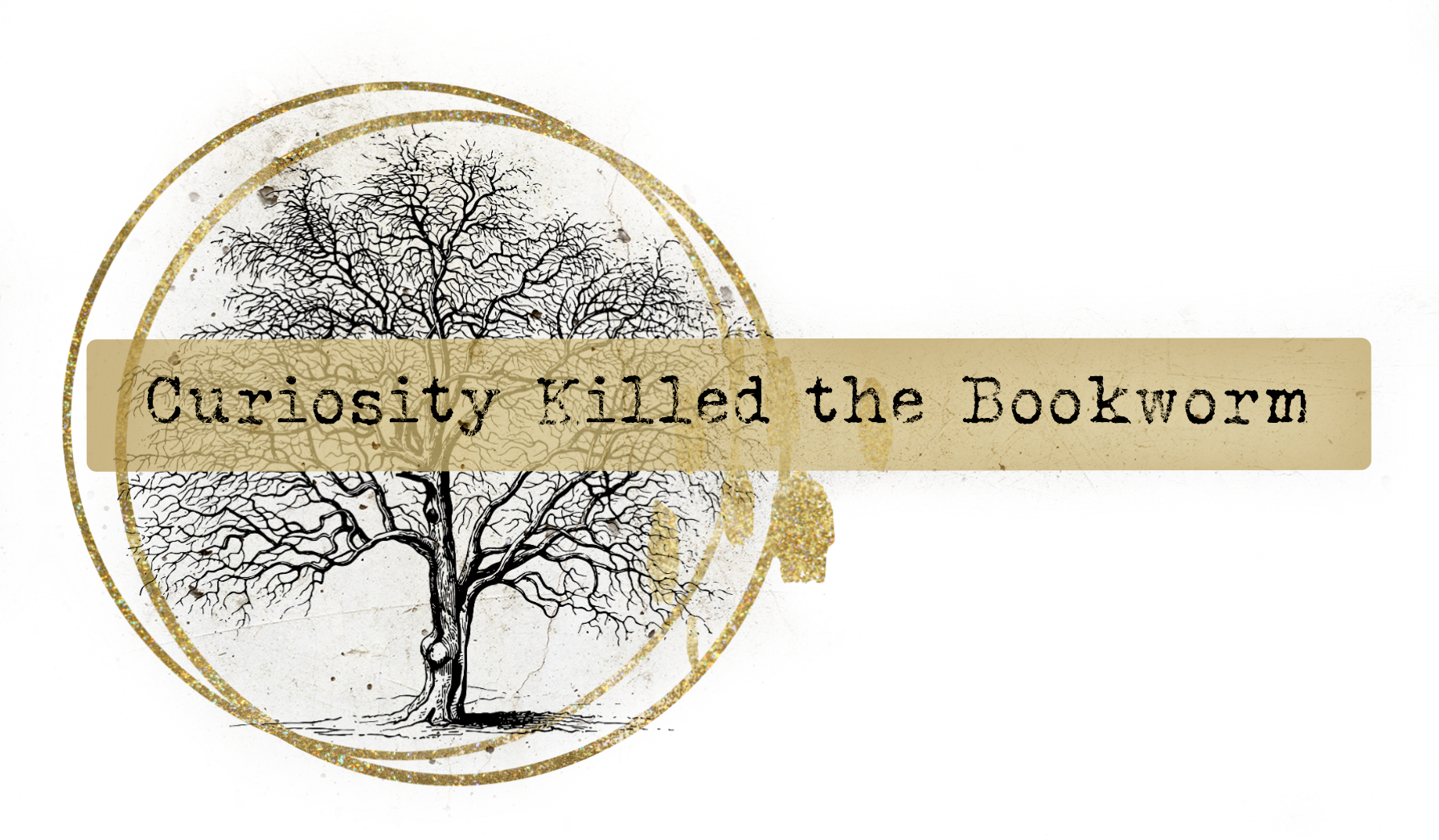
In Inferior, Angela Saini looks at the bias at work in science, specifically when it comes to studies in sex difference. From Darwin’s frankly appalling (but of his time) attitude to women to modern day studies, Saini looks at their evidence and takes apart theories that have been used to demonstrate how women are the inferior sex.
As a woman, it’s hard not to be outraged by some of the interpretations of results. It often appears that the male scientists are using their work to reinforce their own prejudices, making leaps from the evidence to come up with theories that fit their own world view. They don’t seem very scientific.
Science doesn’t operate in a political vacuum. I think there are some sciences which can be more objective than others. But we are dealing with people, we’re not the Large Hadron Collider.
I am willing to accept that there are small differences in our brains, but I don’t understand how someone calling themself a scientist can go from seeing more baby girls look at a photo of a face and more boys look at a mobile, to intpretating that means women will enjoy coffee mornings, being carers and manning suicide hotlines. Whilst, you guessed it, men will enjoy things that will result in better paid and more respected careers.
Many of the studies used in the book are observations from other species. Some of it is fascinating but it also shows how unreliable comparing animal behaviour to human behaviour is. You can find both sides of the debate displayed if you look far enough.
I love how the book tries to explain the ways that women are stronger, with our better immune systems and longer lives, our pickiness over mates and contributions to a community that mean we cannot be less evolved than men. Sex differences are so slight that cultural and societal influences must explain most the gaps between the genders seen today.
The scientific picture emerging now is that there may be very small biological differences, but that these can be so easily reinforced by society that they appear much bigger as a child grows.
Studies into the changes in the brains of London cabbies, help us understand the elasticity of the brain and that comparing adult brains of men and women can’t be relied on to prove an underlying biological difference. If women’s lives are shaped by a society that oppresses them, when men have freedom to do whatever, the theory is that their brains will adapt differently.
Inferior is very accessible science writing and I highly recommend it, especially to young women embarking on a career in STEM. It will arm you well for any man who should argue that biology means you are less capable.
POPSUGAR Reading Challenge: 15. A book about feminism
Read Harder: A book of social science
Goodreads | Amazon | Waterstones | Hive | Wordery
Book Source: Purchased





